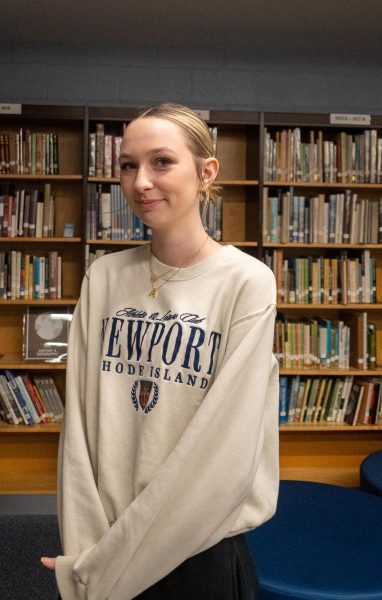Society is filled with rumors and gossip about who is popular and who fits into different societal norms. With the public, in today’s times, comes the responsibility of handling social media.
As society progresses, social media is not exempted from this change. For some, it is believed there should be certain guidelines and morals to follow. If they are unfollowed, consequences usually follow. With social media, people have increasingly looked into the idea of “cancelling” or “cancel culture.”
Cancel culture is something that has been created by the media as a negative connotation for people who have made mistakes in their lives. Sometimes people are canceled for extreme behavior or small instances; this can ruin job opportunities and reputations to get a job.
The question for students is if they experience the same behavior throughout the school, or if they have seen consequences at this school. The stressful reality of being a teen or young adult in society has affected today’s general public.
“Canceling” people has seemed extreme in many cases and it could lead to ruined careers as seen in influencers, or potentially, the outcome can be on the opposite scale of this spectrum, with people gaining even more popularity.
“I don’t think canceling people is effective because I think that we cancel people and then they instantly jump right back or even potentially gain followers,” Jack Odenbeck (11) said.
The assumed victims are social media influencers and celebrities because their life is romanticized to the public. Teenagers strive to be clones of who they see on the internet. It could be style, clothes, behavior, and even similar thought processes.
Cancel culture can be seen as a way of bullying or a way to embarrass other people.
Canceling could also be considered a positive in some outcomes. For example, society canceling someone for a racial slur versus society canceling someone for an opinion statement could be considered bullying.
“It can be effective if used in the right ways,” Teana Sims (9) said.
Social media stars have platforms to share their thoughts and feelings. They are gaining their following from people who support the way they think. Cancelling people has become subjective to others.
The difference between cancel culture with influencers and high school students is that social media influencers have a larger platform with a bigger scale of people. High school students have these platforms and a large amount of people.
“Cancel culture doesn’t happen a lot at Highlands, but if it does it’s little to none,” Grace Brunette (11) said.
Cancel culture doesn’t seem extreme in high school, but for others who are counting on scholarships, this can become detrimental to their schooling and future over a small mistake.
“I do think Highlands has cancel culture, just on a lower scale than social media and celebrities,” Kate Fausz (12) said.
So, while canceling may not seem so catastrophic for a high schooler, for bigger platforms and people with careers so close ahead, canceling can be the difference between a job or no job.
In the end, it is up to the general public, to cancel someone or not.
Regardless, it is important to make smart decisions and focus on making a good and bright future instead of forming a path of self-destruction.





